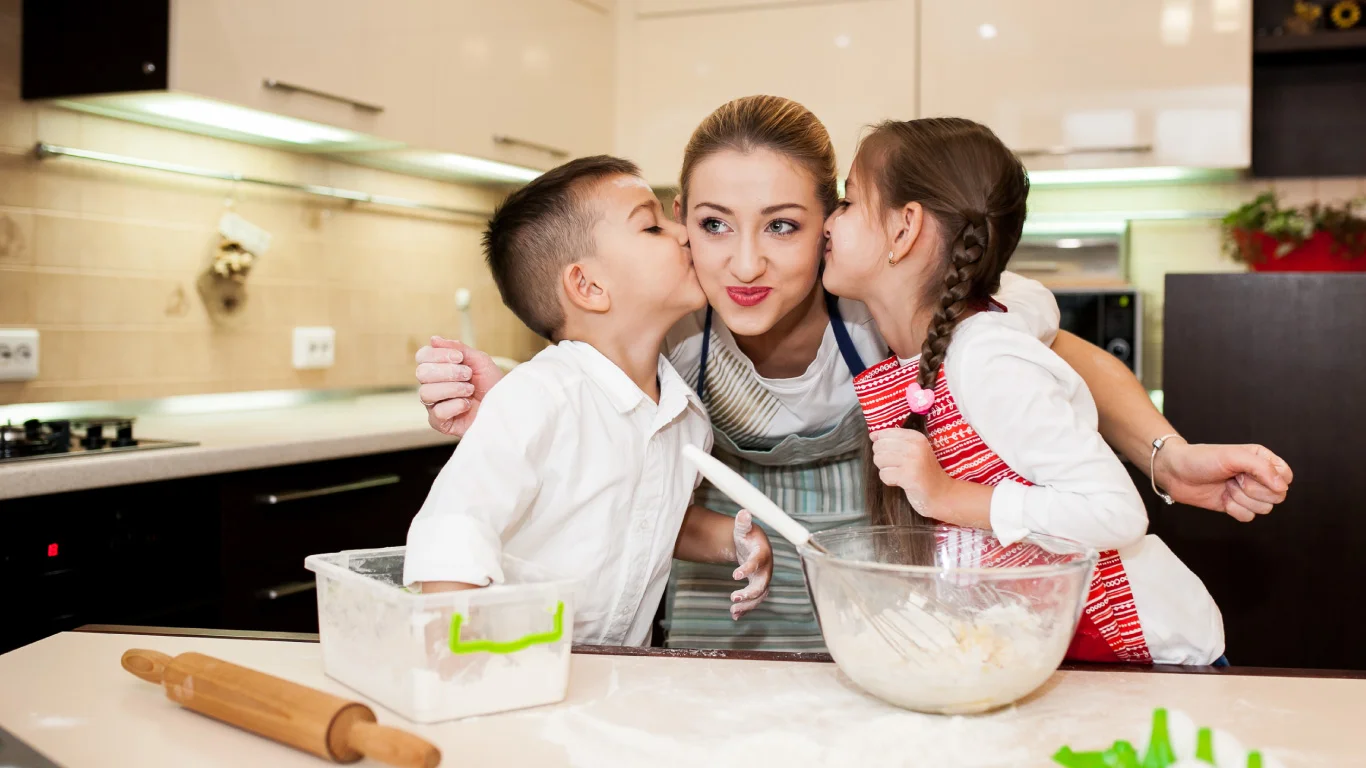How to Raise Your Kids to Love Maths (even if you don’t)
/Maths is that subject that kids either really love, or makes kids and even adults want to rip their hair out. Whether we like it or not, maths extends beyond the classroom into everyday life and developing a strong understanding of the basics of mathematics will be an asset in your child’s development.
You’ve probably heard the saying “I’m not a maths person.” It’s one of those self-fulfilling prophecies if you find your child repeating the mantra. In a 2007 National Institutes of Health Public Access Twin Study the results estimate that genes account for 32%-45% of mathematical skill at the age 10. [see our article here on how intelligence is inherited from our mothers] This means that 55% to 68% of mathematical skill must come from other factors such as an individual’s interest and effort. These studies prove that inborn talent has much less of an impact than hard-work and self-confidence in higher test results. So if you and your child aren’t “maths people” good news, you can learn to love it and excel at it!
What makes maths so difficult to grasp?
Math seems difficult because it takes a lot time and energy to fully comprehend abstract ideas. Abstraction in mathematics is the process of extracting the underlying essence of a mathematical concept and removing any dependence on real world objects and thus generalising the principal for wider applications. This does not come easy to many people, and it’s a skill we need to exercise to strengthen.
Maths is a cumulative discipline, meaning you need to have a good grasp in one area to understand the next level of maths because the applications build upon each other. Prematurely moving beyond an area leads to a shaky foundation for the next curriculum, and fast-paced classroom environments don’t always have the time to slow down and review concepts with students before opening up the next chapter in the unit making some children feel left behind and discouraged. This is why maths homework and bringing maths into the home beyond the school curriculum is so important for giving your child the opportunity to excel at math.
What can we do to help our children with maths?
1. Change your attitude about maths
Children mimic our attitudes in all kinds of ways. If you’re a parent who is not fond of math, shift your attitude into a more positive one. We’ve established that statements like “I’m not a maths person” is a self-fulfilling prophecy, so try to refrain from saying it around your children even if you don’t feel particularly good about helping your child with maths. Think about it as something to work on together.
2. Make it fun!
Maths is everywhere in our day-to-day life. Encourage mind-math games such as adding up numbers on license plates as quickly as possible or try grocery-shop budgeting with your older children. If we can only spend $50 at the grocery shop today, how can we make sure everything in our basket comes to under $50 given our shopping list. Or do some baking together for a tasty lesson in maths!
3. Get your child some Legos or other building toys
Lego or block play fosters a wide spread of skills including creativity, motor skills, spatial skills, problem-solving, and communication. When a child is building, they must analyse the parts in front of them, perceive how it fits into a whole and how the pieces fit together.
For 3-5-year-olds, you can put together a model of three lego blocks and ask your child to recreate your design in order to exercise the importance of counting tips and placing the next part on the proper section of the lego blocks. There is substantial evidence that spatial skills can be improved through play, so kids who spend more free time playing with puzzles or building blocks have increased scoring results.
4. Play online maths games!
If you have a child who is a gamer at heart, encourage some maths themed games! This website has everything from sudoku puzzles, basketball multiplication, and RPGs using maths to make your way through the adventure.
Here is a list of our favourite iPhone maths games for on the go entertainment.
Monster Maths
(available for addition/ subtraction and multiplication/ division)
Quick Maths Jr.
(Intended for kids aged 3-7)
Tricky Test 2: Genius Brain
Lumosity
Brain training for adults)















